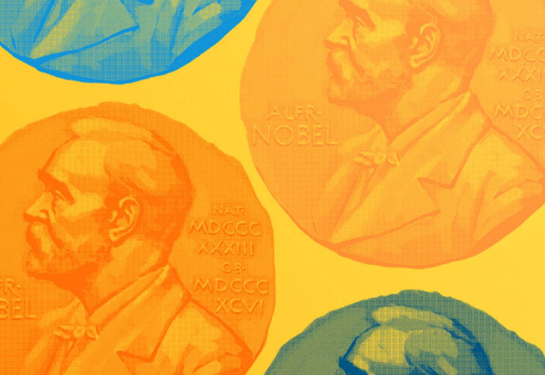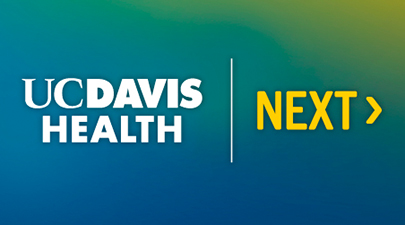UC wins 5 Nobel Prizes in 3 days — and sets a new world record
University of California faculty and alumni won five Nobel Prizes this week, highlighting the ongoing contributions of America’s #1 public research university and the central role of federal funding in advancing world-changing scientific inquiry.
These remarkable achievements bring the number of Nobel Prizes awarded to UC faculty to 75. This is also the first time in Nobel history that four faculty at one institution have won the award in a single year.

UC's 2025 Nobel laureates
On Monday, UC San Diego and UCLA alum Frederick J. Ramsdell, along with collaborators in Seattle and Japan, won the Nobel Prize in medicine for identifying the cells that prevent the immune system from attacking the body’s own tissues.
The next day, UC Berkeley emeritus professor John Clarke, UC Santa Barbara emeritus professor John Martinis and UC Santa Barbara professor Michel Devoret won the physics prize for experiments that underpin today’s most powerful quantum computers.
And on Wednesday, UC Berkeley professor Omar Yaghi shared the chemistry prize with scientists in Australia and Japan for creating a new kind of super-absorbent molecular architecture that can clean pollutants from the atmosphere or harvest drinking water from bone-dry desert air.
“These awards are not only great honors — they are tangible evidence of the work happening across the University of California every day to expand knowledge, test the boundaries of science, and conduct research that improves our lives. I’m proud to see their work recognized,” said UC President James B. Milliken.
These world record–setting contributions span decades and disciplines. But they all have one important thing in common. They’ve all relied on competitive funding from the federal government.
How federal funding powered Nobel Prize-worthy science
The National Institutes of Health supported Ramsdell’s 2001 study that identified a genetic mutation that causes a fatal immune system disorder. As Clarke, Devoret and Martinis advanced their research into the macroscopic nature of quantum mechanics over decades, their work was funded by the National Science Foundation, the U.S. Department of Energy and the National Security Administration. And Yaghi’s revolutionary approach to chemistry has earned over a dozen federal grants, from the National Science Foundation, the Department of Energy and the Department of Defense.
The important role of federal funding in launching and sustaining this world-changing research is not surprising. The federal government is the nation’s top source of support for basic research, providing 40 percent of total U.S. spending on research in its earliest, most exploratory phase. U.S. universities play an important role in advancing America’s scientific progress: academic labs carried out 45 percent of basic research and 16 percent of applied research in 2021, the most recent year for which data are available.
This article was originally posted on universityofcalifornia.edu. To continue reading the article in its entirety, click here.




